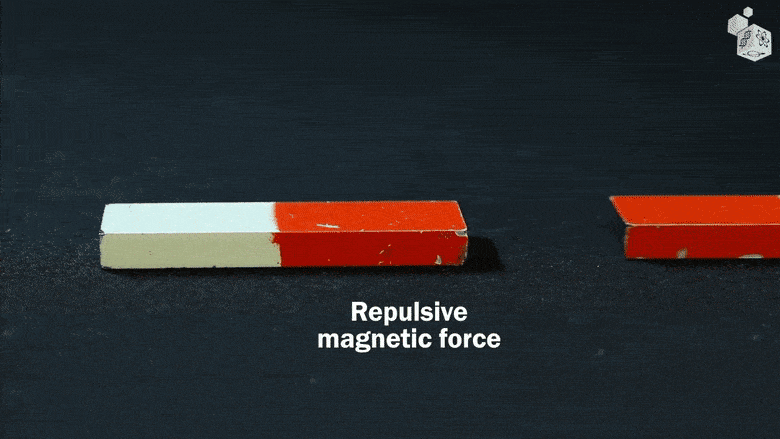Future Tense: Gelecek zaman -acak -ecek
When looking at the future tense of verbs in Turkish, the English will equivalent suffix is -AcAk where A is either a or e consistently.
-AcAk, where A → a | e, => -acak or -ecek
| Last Vowel of root verb | Future Tense |
|---|---|
| a-ı-o-u | -acak |
| e-i-ö-ü | -ecek |
The difference in future tense between English and Turkish is
Willcomes before the verb in English, while in Turkish -acak or -ecek comes after the verba added as a suffix to the root verb. For example,
….will come…. → ….gelecek.
….will do…. → …..yapacak.
….will travel… → ….gezecek.
….will achieve… → ….başaracak.
📌 One thing to keep in mind 🧠 is when the last letter of the root verb is a vowel, as in the verb uyumak(to sleep), the root is uyu + acak, we have a condition of two vowels coming next to each other u and a. To accomodate this ‘y’ comes in between as a mediator making ….will sleep… → uyuyacak.
More examples,
….will call… → ….arayacak.
….will invite… → ….davet edecek.
….will watch… → ….izleyecek.
….will try… → ….deneyecek.
….will renew… → ….yenileyecek.
🚨
There are two verbs that are exception.
- demek(to say)
- yemek(to eat)
In these two cases the future tense of the verbs e of the root is dropped and replaced by i.
When i becomes the last letter of the root, we have a situation where i + ecek, resulting in ie two vowels coming consecutively. We add separator y in between them.

Vowels coming next to each other in Turkish is kind of like the same pole of magnets facing each other. They push each other.
…will say…. → diyecek
….will eat…. → yiyecek
💡 Fun fact:
Even the very word "future" in Turkish origins from the verb gelmek(to come). The future being what will come. -Gelecek.
It is a case of nouns derived from verb roots by adding a suffix, we will learn about it in the future :) .
Thanks for reading!
Written by
Previous Post
From -dan -den -tan -ten suffix in Turkish
Next Post
